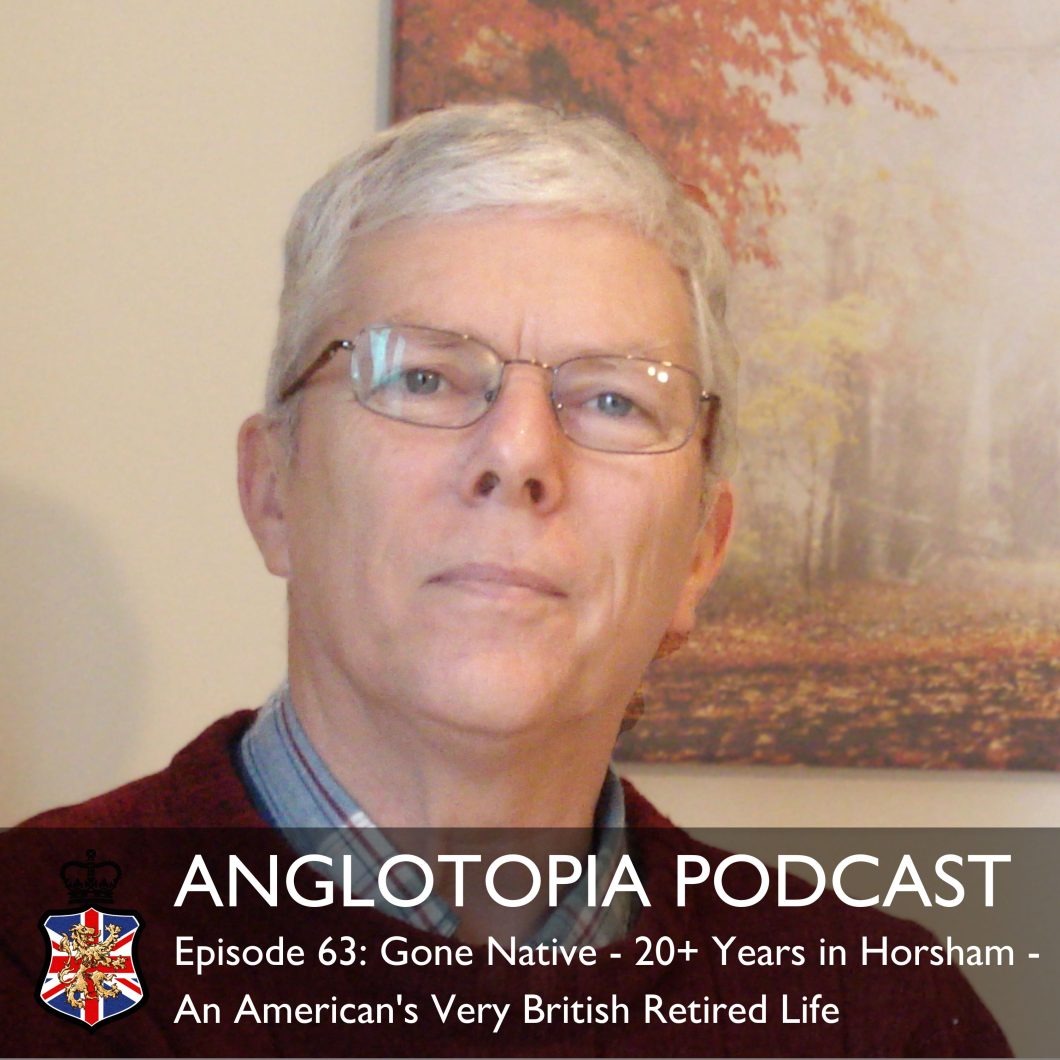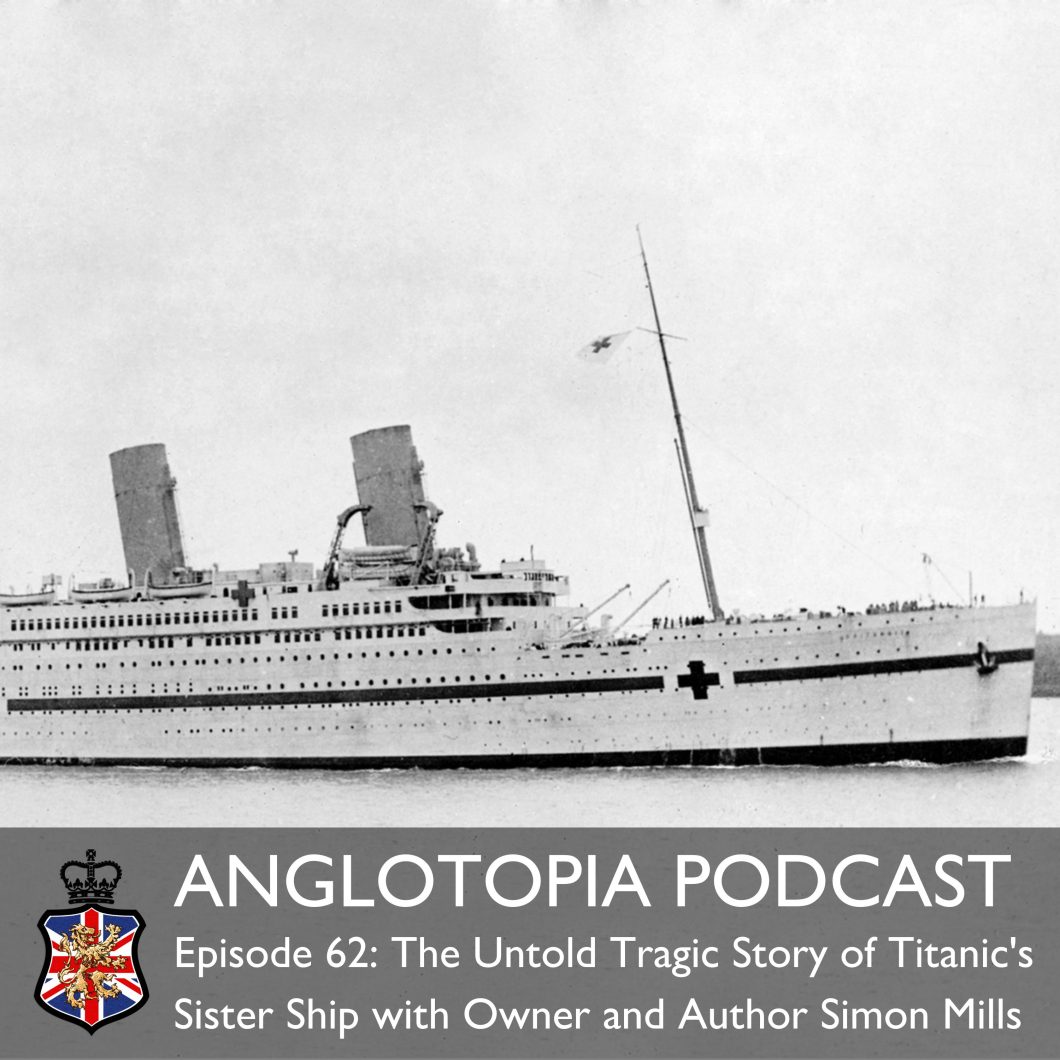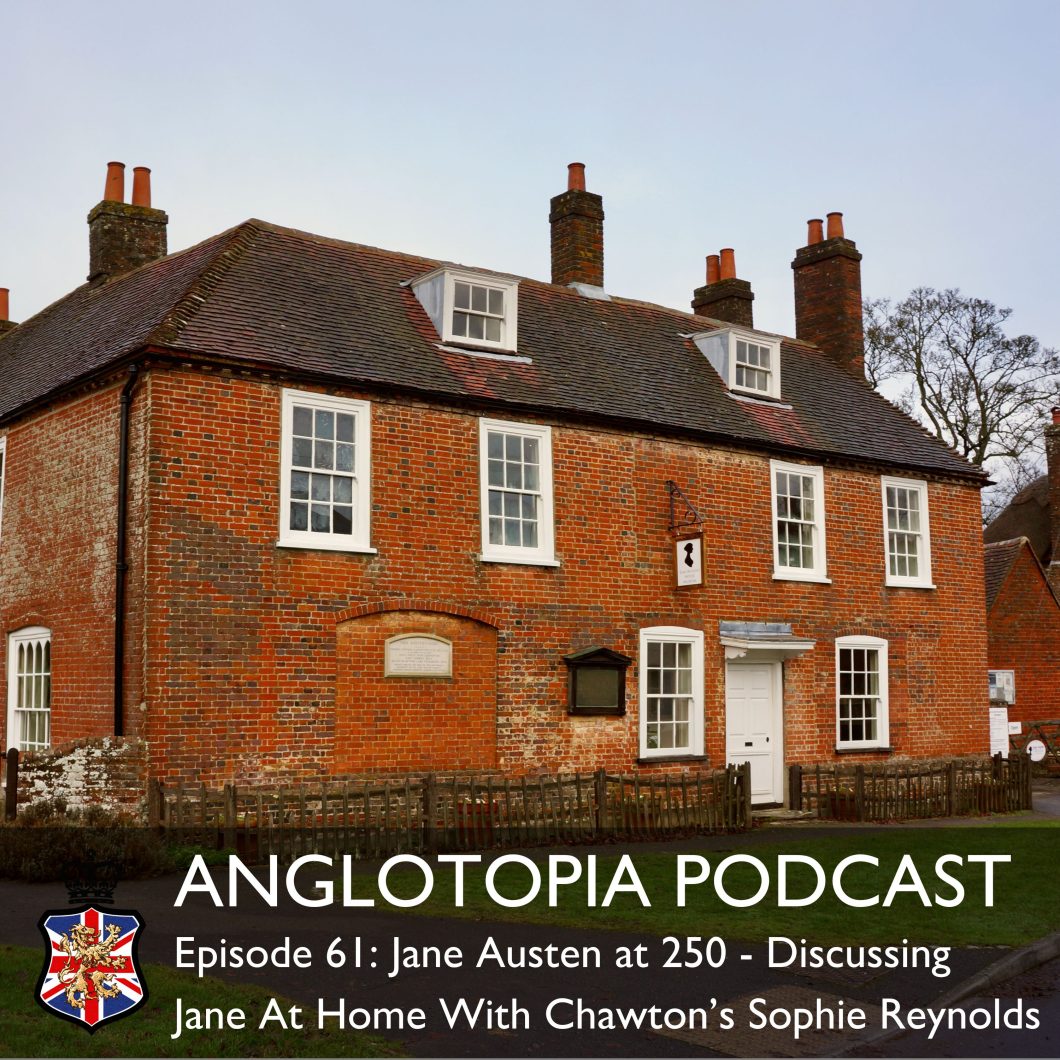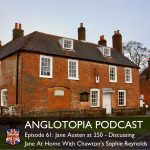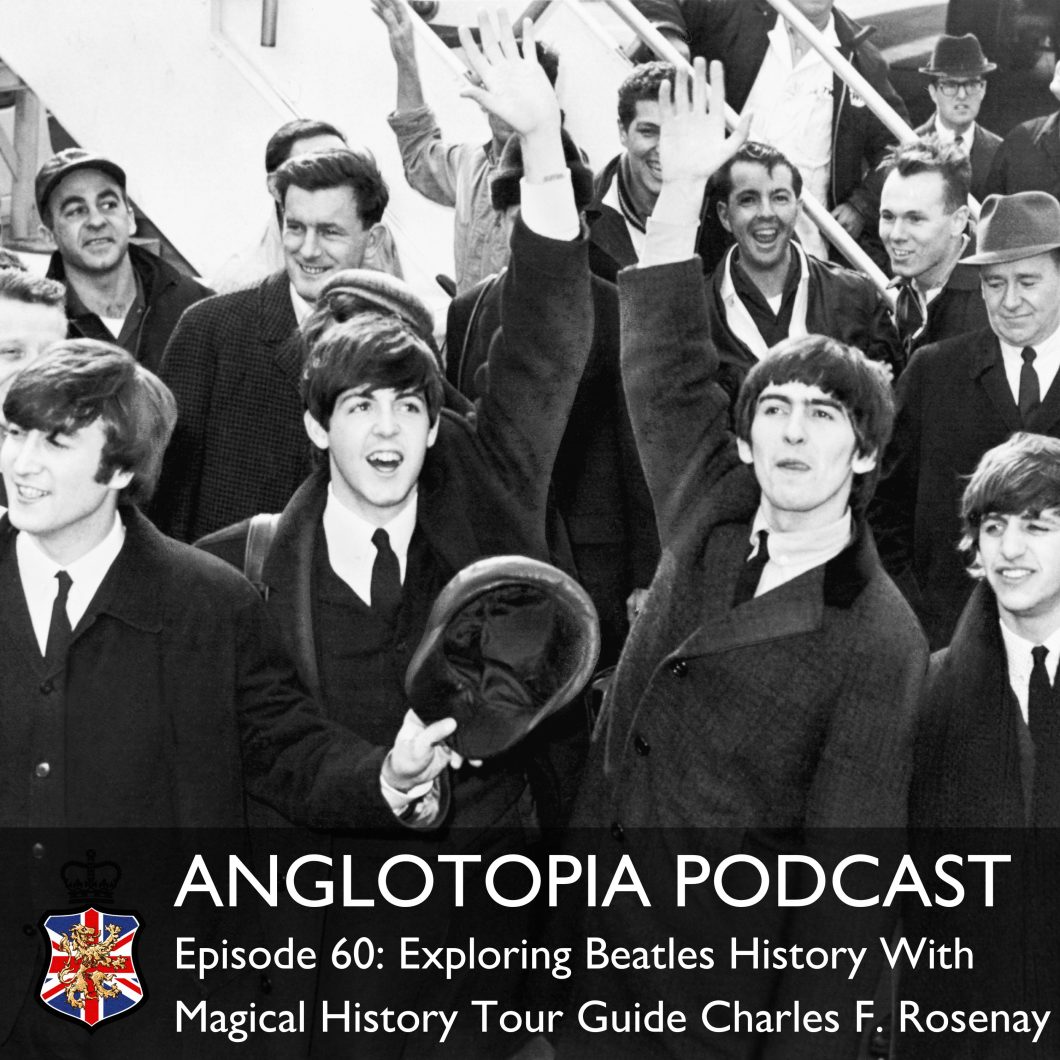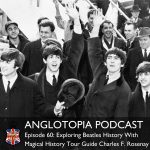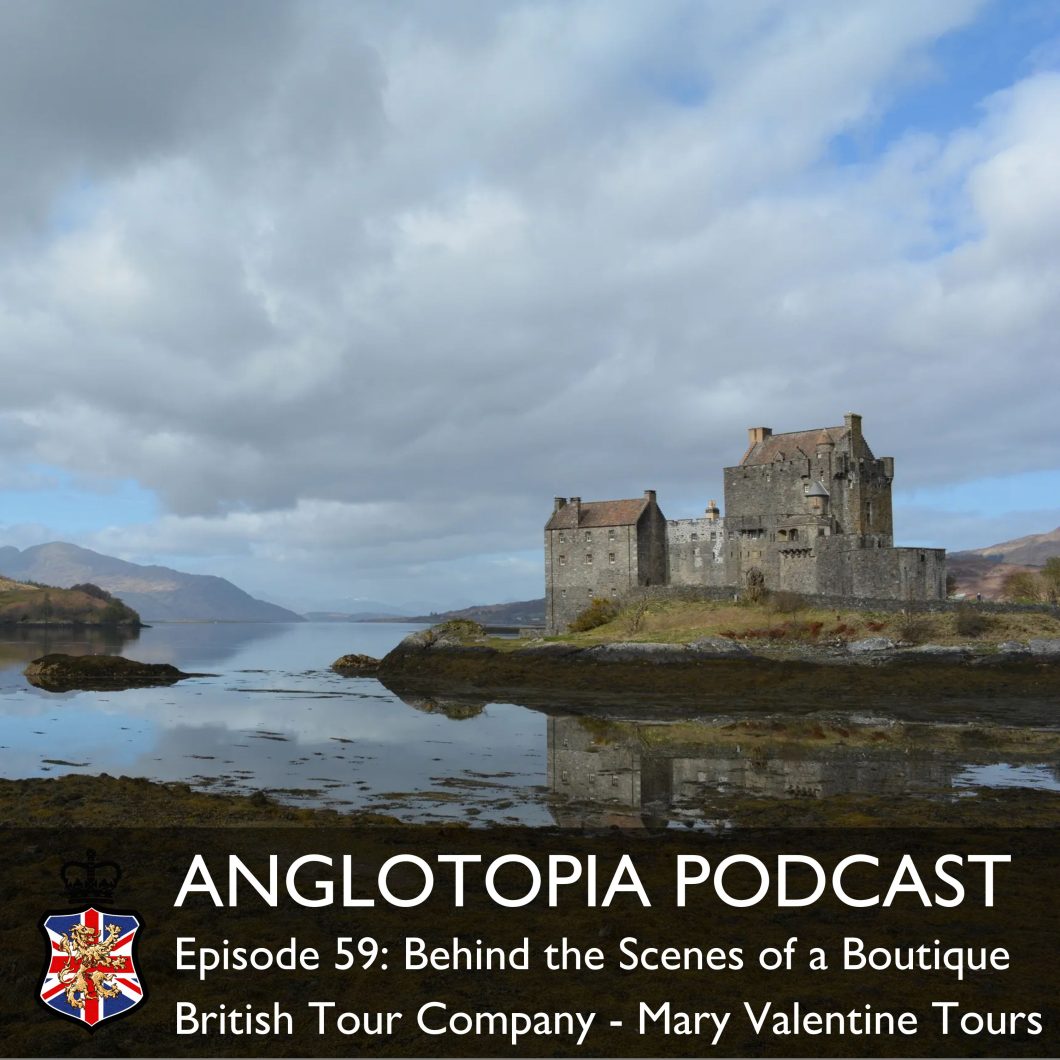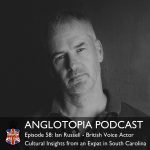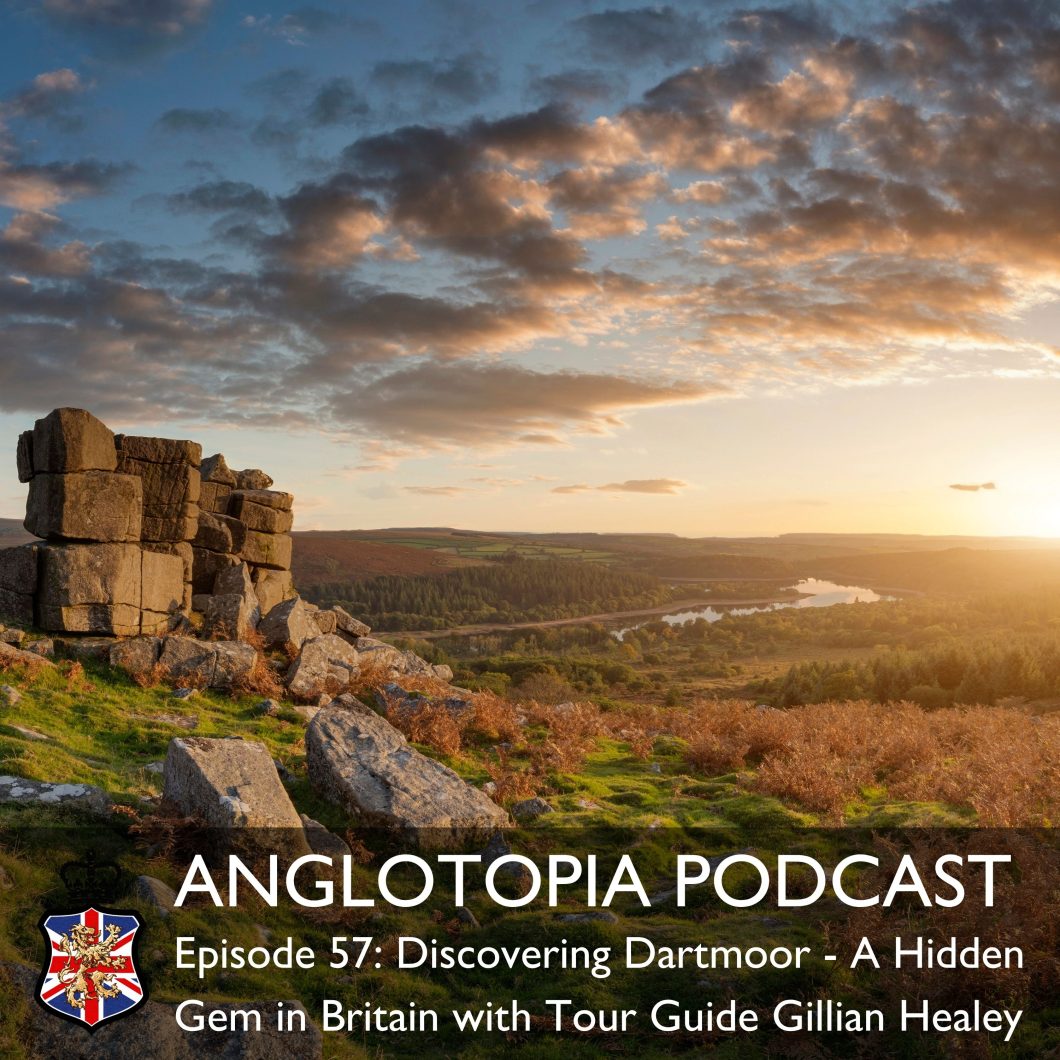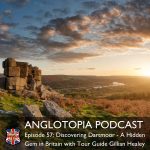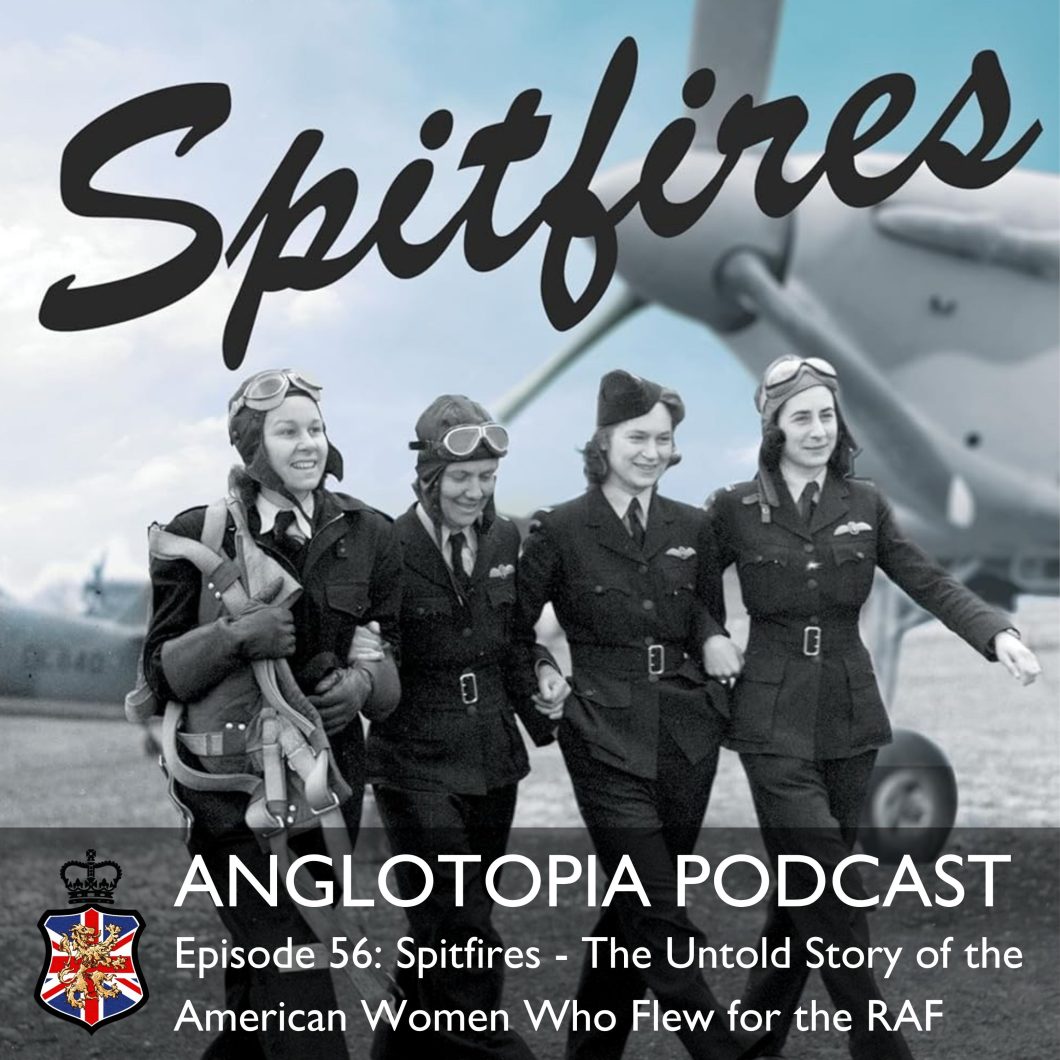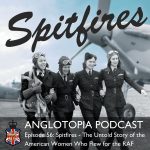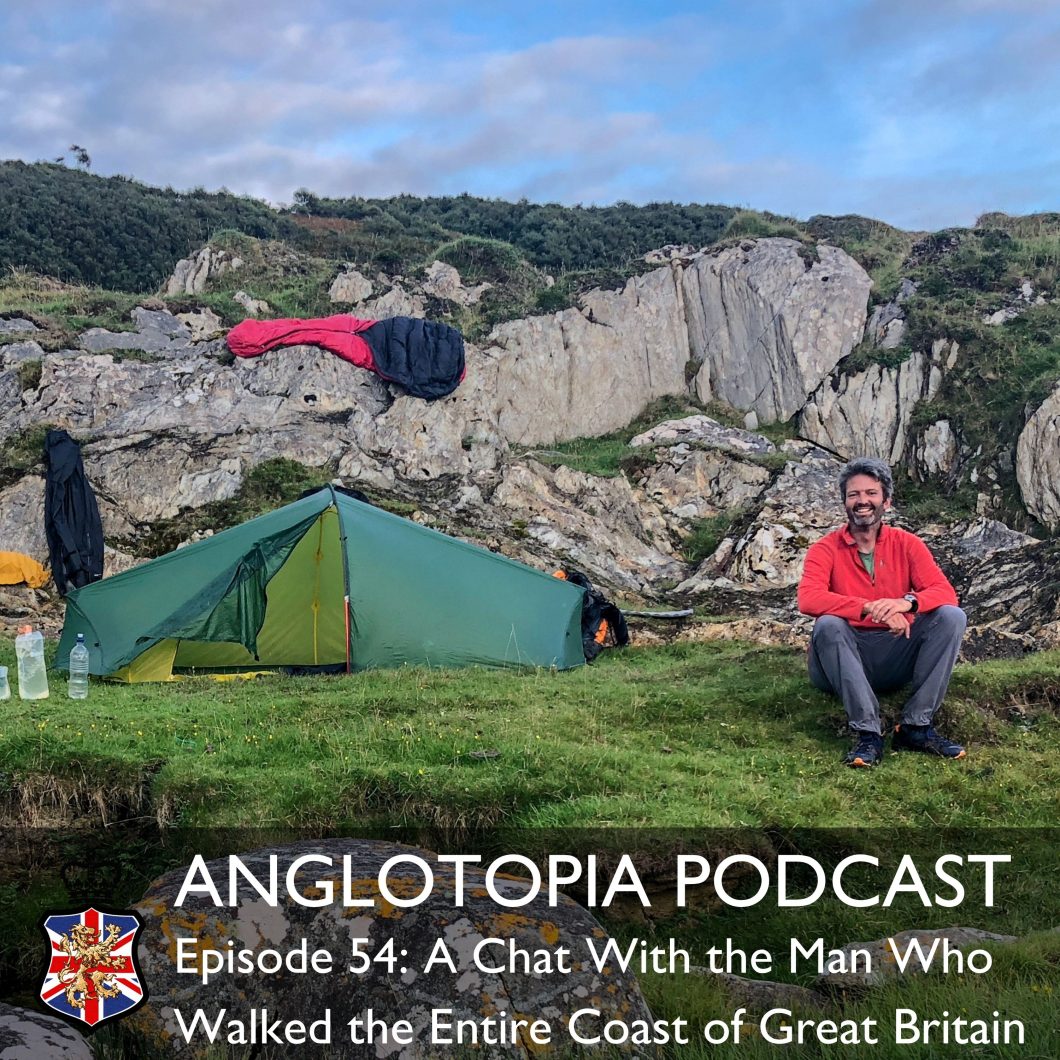
In this episode of the Anglotopia Podcast, former Anglotopia Columnist Mike Harling shares his journey as an American expat living in Britain for over 20 years. He discusses the challenges and joys of adapting to British life, from cultural quirks to the impact of Brexit and COVID. Mike reflects on his writing career, including his Talisman series for his grandsons, and offers insights into the differences between American and British work cultures. He emphasizes the importance of understanding and embracing cultural differences while encouraging Americans to explore the world beyond their borders. Stay tuned after the show for a special message announcing that Mike has decided to write for Anglotopia again!
Links
- Postcards from Across the Pond Blog
- Postcards from Across the Pond Books
- Talisman Series Books
- Lindenwald Press
- Dispatches from the South Column Archive
- Letter to America (Mike’s NEW Column on Anglotopia)
Takeaways
- Mike Harling is an American moved to England unexpectedly through a romantic connection.
- He has lived in Horsham for over 20 years and loves the town.
- Cultural integration has been a gradual process for Mike.
- He still struggles with some British customs, like military time.
- Mike enjoys the work-life balance in Britain compared to the US.
- He has written several books, including a series for his grandsons.
- The Talisman series combines history with adventure for young readers.
- Researching historical events can be challenging for writers.
- Mike believes that living abroad has broadened his perspective.
- He encourages Americans to travel and experience other cultures.
Soundbites
1. The Crazy Love Story “I heard myself asking her if she wanted to be my girlfriend. And she gave me her ring. I gave her mine and we promised to be a couple. And she went off on a plane, and I got in my car and banged my head on the steering wheel and said, ‘You moron, you’ve just ruined your life.'”
2. The Five-Day Engagement “I imagine my wife didn’t really know I swore either, because I only knew her for five days before we got engaged. And I looked at that and she looked at that and we thought, wow, we were insane to do that.”
3. The Moment He Knew “And then he turns down this little narrow thing that I know they call it twitten. And I’m like, what’s this? And he goes, oh, it’s a pedestrian path. And that’s where I said, I have to move here. This is a lovely place. Be nice if that girl I met works out. But I got to move here.”
4. Still Struggling After 20 Years “Still the eggs and the military time. I still can’t get my head around. I look at this, 1400, what’s that? It’d be six o’clock. No, it’s two o’clock. Okay, I answered. And the eggs, still I make a lot of scrambled eggs because you hit the egg and it doesn’t work and you hit it again.”
5. The Accidental Anglophile “I had no intention of ever leaving the States. I wasn’t an Anglophile. I wasn’t. I was happy where I was and I just wound up living here and I have to tell you it’s pretty darn nice.”
6. Professional Expat No More “I gave up being a professional expat, you know. I don’t really see anything different here anymore that would be of entertainment or even of any use. I’ve basically gone native. I’m just living here and enjoying my life.”
7. The Insane Advice “If a friend of mine or a family member came to me and said, I just met a girl. I’ve known her five days. I’m going to go to Brazil and marry her. I would duct tape him to a chair and waterboard him until he decided not to do it.”
8. No Safety Net “I didn’t even leave myself like a parachute, you know. I quit my job. I sold my car, gave up my flat. I mean, I had nothing. I left America as a homeless person and came over here.”
9. Accent Blindness “I live here and I don’t pick up if someone’s got an American accent. And I also don’t pick up if anyone’s got a British accent. A British person, American person can come in the room and talk to me. I won’t have any clue that either one is American or British.”
10. The Perfect Life “The sun’s shining. I went into town, walked across the park. That’s how I get into town. Went to a lovely old pub, had dinner with a friend of mine, walked back across the park and now I’m here. It’s just an amazing life. After 22 years, I still have to pinch myself occasionally.”
Chapters
- 00:00 Introduction to Mike Harling and His Journey
- 01:33 The Love Story That Led to a New Life
- 05:26 Life in Britain: An Accidental Anglophile
- 10:03 Cultural Integration and British Citizenship
- 11:13 Everyday British Quirks and Challenges
- 17:12 Navigating Brexit and COVID as an Expat
- 19:31 Reflections on Writing and Life in Britain
- 21:52 The Evolution of a Blog: From Personal to Historical
- 24:14 Crafting Tales for Grandsons: The Talisman Series
- 29:49 Challenges in Historical Fiction: The White Feather
- 33:40 The Immigrant Experience: Perspectives on America and Britain
- 37:33 Cultural Exchange: What Americans Miss and Learn Abroad
- 42:50 Advice on Life Changes: The Leap of Faith
- 44:01 Bridging Cultures: Understanding Life in Britain and America
- 47:26 anglotopia-podcast-outro.mp4

